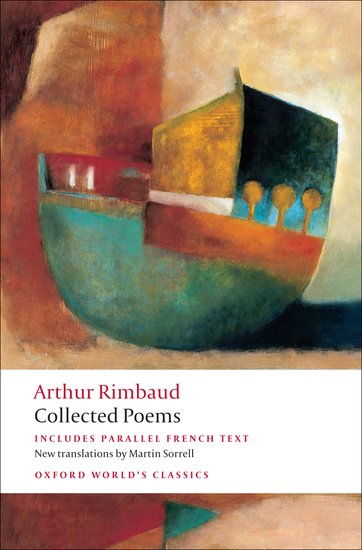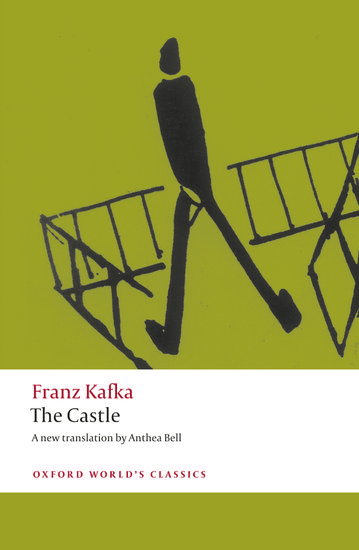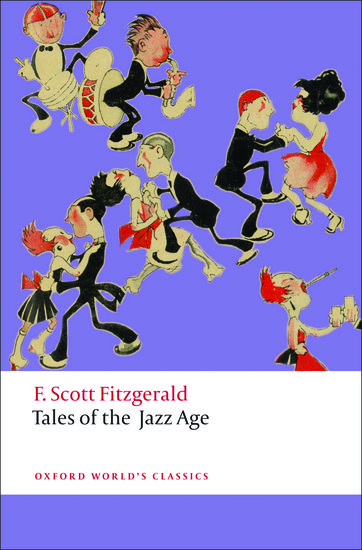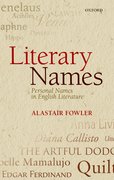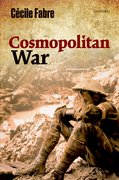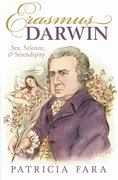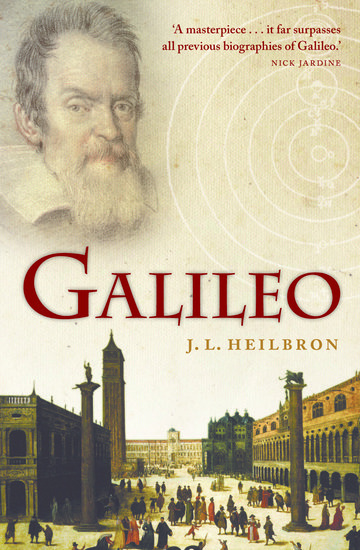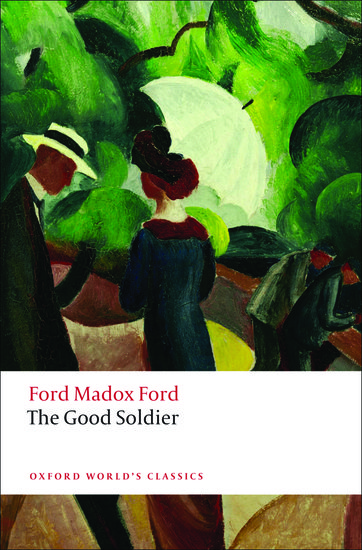The unshackled cultivation of Rimbaud
By Martin Sorrell
Among the enfants terribles of literature, Rimbaud holds a pre-eminent place. But he’s been made famous against his will. If he had his way, everything he wrote — save perhaps his factual letters from Africa and elsewhere about trade and the dodgy deals he was trying to clinch – would have been destroyed. All the astonishing poetry that has made him an icon burnt on a bonfire of vanities, but fortunately it was saved.

